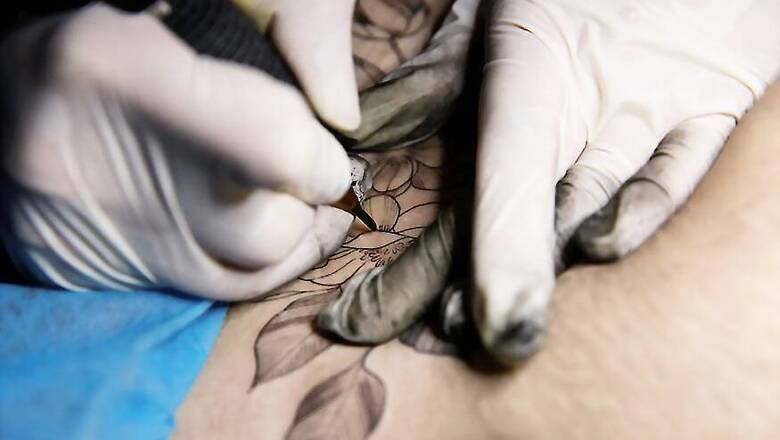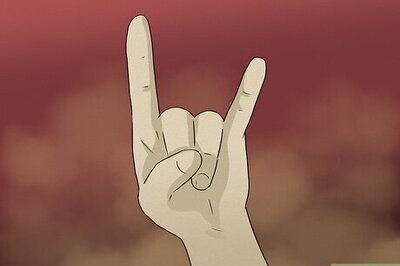
views
Analyzing over 60 studies which recorded details of over 20 million births in 19 countries, researchers have found that a caesarean section delivery is associated with autism and attention-deficit hyperactivity disorder (ADHD).
C-section babies have a 33 per cent higher chance of autism and are 17 per cent more likely to get attention deficit hyperactivity disorder, according to a study conducted by a team from Sweden's Karolinska Institute.
The researchers suggest that brain development might be affected among babies not exposed to bacteria in the vaginal canal or experiencing the natural stress response during a normal birth, according to Daily Mail UK, which reports that caesarean births have tripled around the world in last 30 years.
The researchers suggested the ideal proportion of caesarean births was between 10 and 15 per cent. Evidence of links between C-sections and psychiatric or eating disorders and learning disabilities is “incomplete,” the researchers led by PhD student Tianyang Zhang concluded.
Zhang's team said their JAMA Network Open-published paper could lead to reducing rates of unnecessary caesareans.
“Despite being a life-saving procedure in the presence of complications, no evidence, to our knowledge, indicates that cesarean delivery, if not [done for medical reasons] is beneficial for the offspring,” they wrote.
“Elective cesarean delivery can be... requested by the mother because of culture preferences, previous negative birth experience, or fear of birth, which may indicate a genetic vulnerability to factors associated with psychological changes, such as stress, and associated in turn with neurodevelopmental or psychiatric illness in the offspring.”
However, emergency cesarean delivery occurs in more traumatic situations such as severe fetal distress and preeclampsia, “that are associated with multiple negative birth outcomes.”
But Kings College London's Professor Andrew Shannan told Daily Mail UK women should not be “alarmed by the need for a caesarean which is often performed to reduce risk to their baby.”
Richard Kennedy, medical director at Birmingham and Solihull Local Maternity System, added that women should be “reassured that caesarean section carried out in the UK is a very safe operation.”
“Performed for appropriate clinical reasons it can be life saving for the mother and baby.Any association with paediatric outcomes is more likely to relate to underlying maternal conditions rather than the caesarean itself,” Kennedy was quoted as saying.















Comments
0 comment